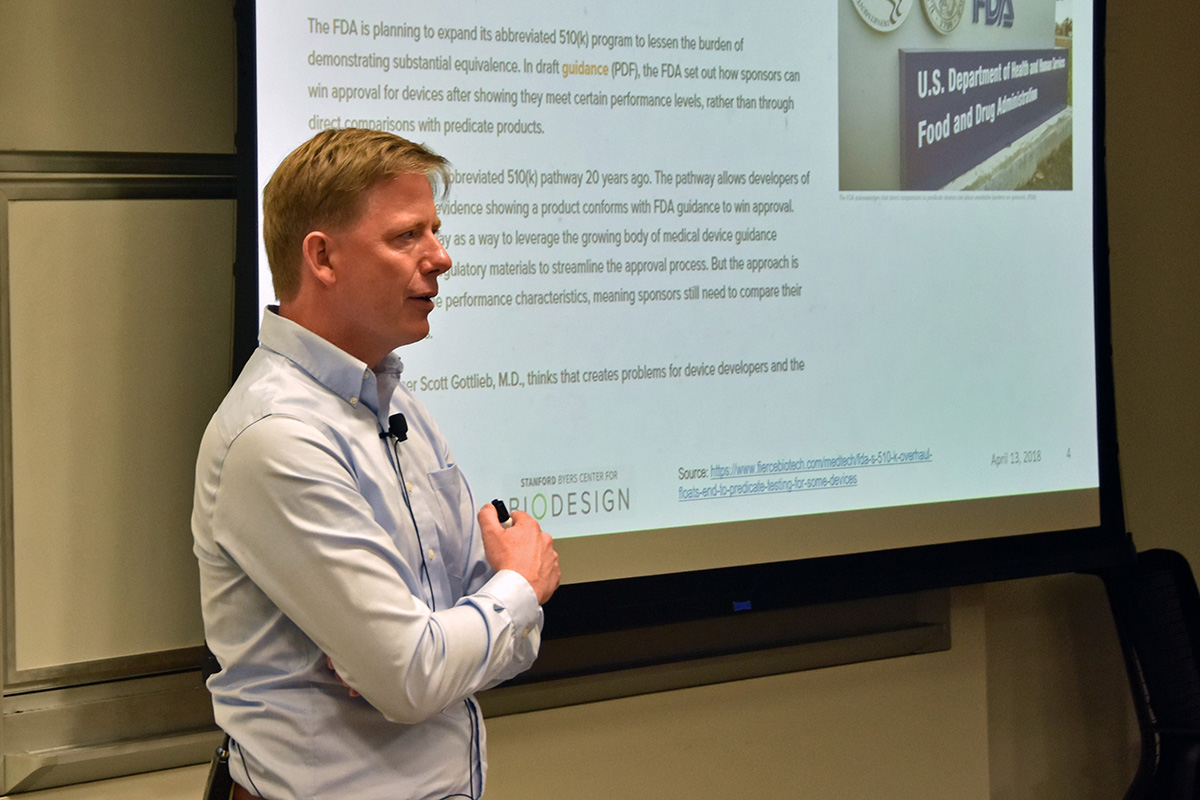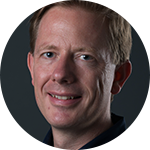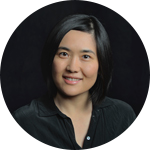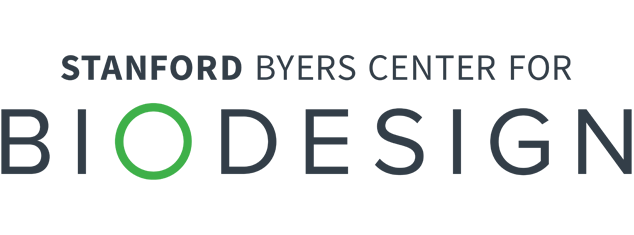Technology Assessment and Regulation of Medical Devices
Overview

Technology Assessment and Regulation of Medical Devices introduces students to the methods and approaches used by regulators and payers to study the safety, effectiveness, and economic value proposition of health technologies.
Developing a solid understanding of the regulatory pathways and reimbursement mechanisms for medical devices, their associated data and evidence requirements, and related analyses and decision making processes has become a critical success factor for those interested in health technology innovation.
In the first half of the course, faculty and guest speakers introduce the roles and responsibilities of the US Food and Drug Administration in the pre- and post-market evaluation of medical devices, US and foreign medical device regulatory programs, and aspects of clinical trial design. In the second half, instructors shift their focus to the evaluation of cost and outcomes for new health technologies, including topics of value assessment, therapy impact on the three major categories of mortality, morbidity, and health-related quality of life, and cost-effectiveness assessment. In addition, typical reimbursement models and decision processes of private payers and the Centers for Medicare and Medicaid Services are discussed.
Case studies and recent approval and reimbursement decisions are used throughout the course to exemplify theoretical lessons and real-world implications. A full lecture, taught by a senior guest speaker from the FDA, is used to present a real-world case to the students, in which they are asked to evaluate presented data and recommend approval or non-approval, taking the perspective of the FDA. Toward the end of the course, a framework for early assessment is presented to help innovators identify key factors relevant to the value proposition and adoption of new medical devices, and to manage those factors early in the design and development phases.
All students will participate in class lectures, discussions, and case studies. Those enrolled in MS&E256 and BIOE256 also will work in multidisciplinary teams to complete a class project focused on evaluating a real-world health technology from a regulatory and economic perspective. These projects are presented to a panel of faculty and guest experts at the end of the quarter. (For class sessions only, please enroll in MS&E 256A.)
More information about the course is available online.
| Course title | ||||||||
|---|---|---|---|---|---|---|---|---|
| Technology Assessment and Regulation of Medical Devices | ||||||||
|
||||||||
|
||||||||
| Learning goals | ||||||||
|
What the Students Are Saying…
“The instructor is very knowledgeable and willing to help students. The quality of invited speakers is very high, and my group followed up with several of them to understand more about our device. All speakers were also very available.”
“This course is very valuable for a number of different disciplines within the medical device field. It prepares you well for industry with a good overview of regulatory and reimbursement requirements and is also very useful for entrepreneurs as there are many aspects that must be considered early on when bringing a device to market. In each class there is an outside speaker; this, provides a great glimpse of a wide range of industry topics.”
“The best class I have taken so far that integrates lecture learning and application. Extremely experienced guest speakers. Great lectures from Jan. Amazing final project on chosen topic. Ties together nicely.”
“Great overview of technology assessments. And you have the opportunity to personalize the class to your interests through the final project.”
“The course teaches the regulatory pathway in the most non-dull way possible! A breadth of great lecturers and the instructors really care about your success.”
“Dr. Pietzsch is an excellent, extremely well-organized, and friendly professor who is exceptionally knowledgeable of the field and enthusiastic about teaching.”
Course Leaders
 Jan Pietzsch Director, Health Economics and Value
Jan Pietzsch Director, Health Economics and Value Shiqin Xu Course Manager
Shiqin Xu Course Manager
